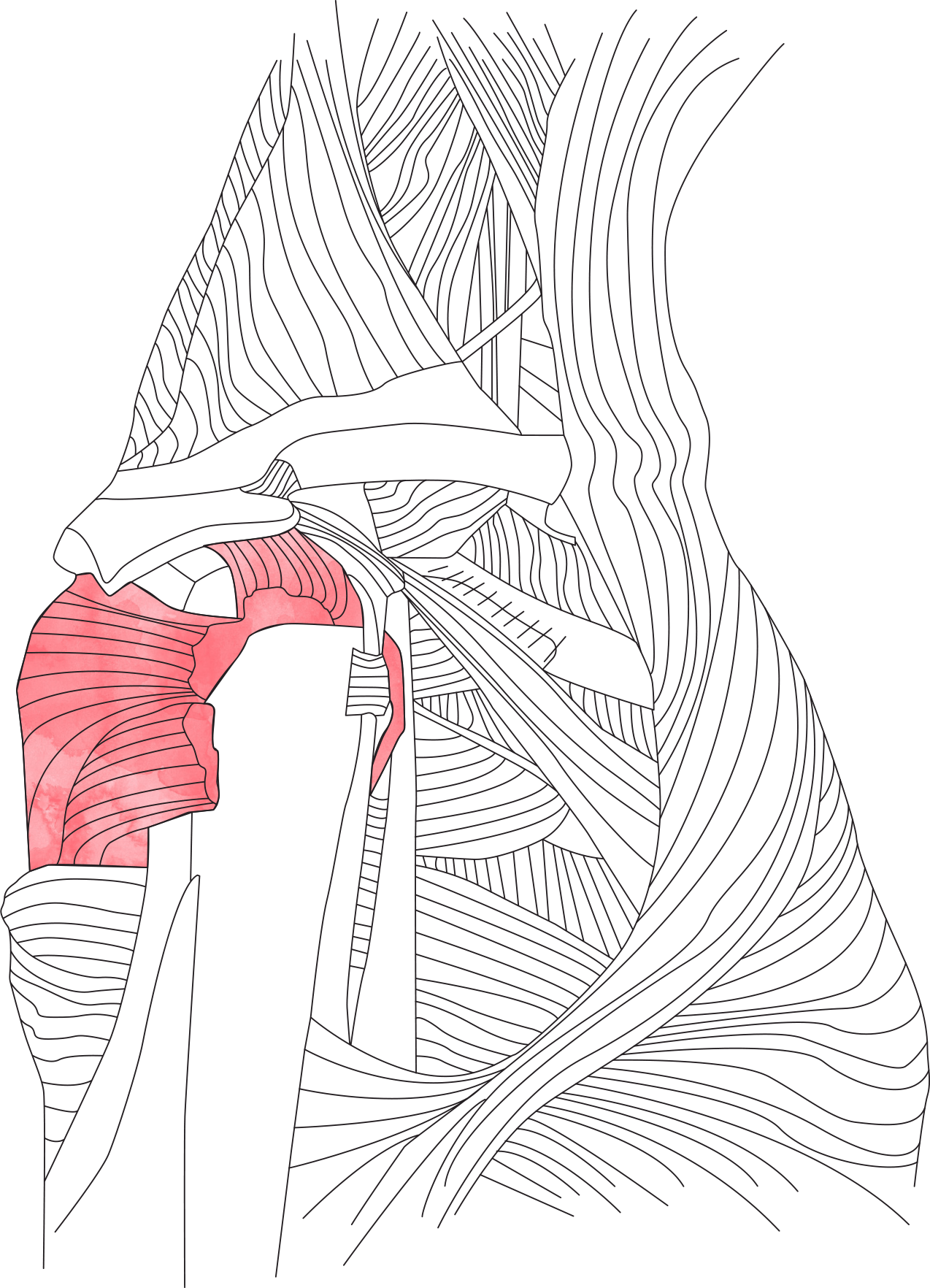Tendonitis means inflammation of the tendon. The rotator cuff tendons are particularly prone to tendonitis and of the rotator cuff tendons, the one that is most commonly involved is the supraspinatus tendon.
Symptoms of tendonitis in the shoulder include aching pain down the outer aspect of the arm. Using the arm away from the body can be particularly uncomfortable and can cause deep aching pain. Symptoms of impingement are often prevalent, where the shoulder catches as the arm is lifted away from the body and there is a degree of bursitis in the shoulder.
Tendonitis can be caused by an injury to the rotator cuff tendons. This can occur from a repetitive injury or it can occur from an injury such as a fall onto the shoulder. Sentence needs revising.
Tendonitis can also occur in relation to calcium build up within the tendon. Calcium build up within the rotator cuff tendons is surprisingly common and, in many cases, doesn’t cause any problems at all. However, in some patients they develop an inflammatory reaction to the calcium, which results in calcific tendinitis. An excision of calcium may be performed to help alleviate symptoms.
Treatment for tendonitis can be difficult. Patients with tendonitis as part of bursitis and impingement can often be satisfactorily treated with steroid injection or physiotherapy. If this is unsuccessful in relieving the symptoms, then an arthroscopic acromioplasty and bursectomy may be considered.
Patients with pure tendinitis, which is fortunately uncommon, can be quite difficult to treat. These patients often have a chronic overuse injury to the shoulder and tend to keep reinjuring it, often with fairly seemingly minor events.
If patients do not respond to prolonged periods of rest and physiotherapy, steroid injections can be helpful. Platelet Rich Plasma (PRP) injections may give relief. Arthroscopic surgery to decompress the rotator cuff can also be helpful, however patients with predominant tendonitis may not respond adequately to surgical treatment.







